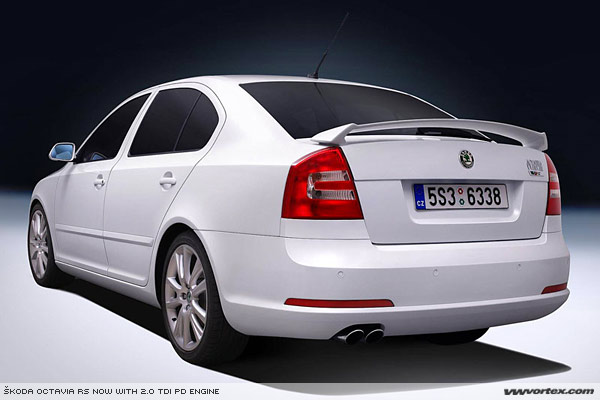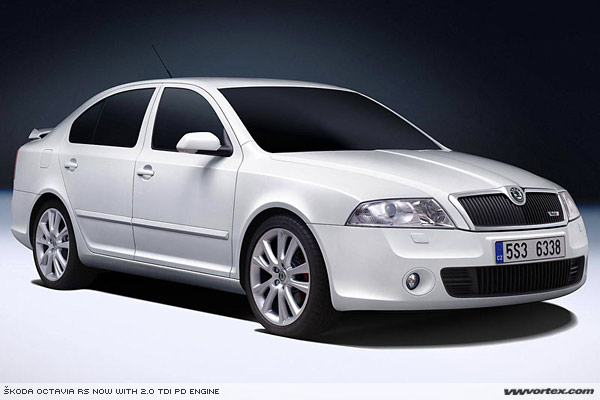gary s
Well-Known Member
rich, said very well

I don't know what Toyota pays their assembly line workers, but I assure you it is not paying $25 per hour as a starting salary !!.
The problem with the unions is the high salaries, pensions and benefits they demand are driving companies either out of business or to cheaper labor overseas. The union salaries are driving up the prices of vehicles. Foreign vehicles are better engineered with better quality at lower or similar prices than American vehicles. If the US auto makes continue to compete in the same way as they have they will continue to lose sales and money and will co belly up.
Most progressiive manufacturers in the US are not unionized and are using more robots and automation to manufacture products of high quality. The factory worker has been replaced by skilled technicians who get excellent pay and benefits because they are in demand. Even China is looking to more automation to increase production. They are where the US was 40-50 years ago accept there government is much more restrictive and their workers have far less rights. If the only skill you have is manual labor, you will have a bleak future in tomorrow's world.
Paying $25 per hour plus benefits as starting pay for an unskilled UAW assembly plant worker is crazy. In most cases, they job is not physically or mentally demanding. And is not particularly dangerous, at leas not when compared to a Police Officer or a Firefighter, and surely not as dangerous as military service.
You know, they guy that deals with working in hot working conditions where the sweat runs down the crack of his butt until it is raw...The guy that suffers from UV burns from welding and burns on his body by molten metal slashing on him. The hard hat wearing man with metatarsal shoes and kevlar gloves.





Don't believe everything you read in the paper.
As for your friend, that was his mistake. If he was a better worker, he would get more money....right?

